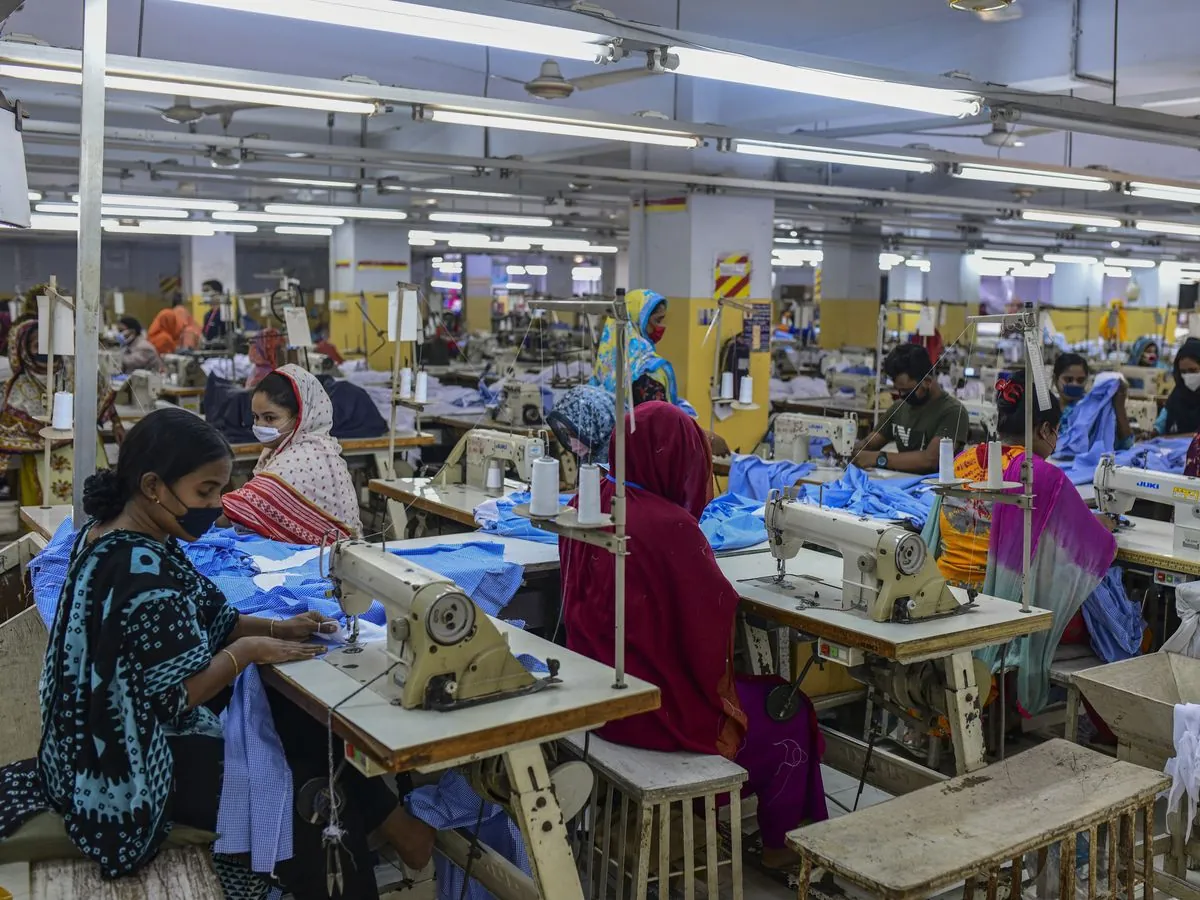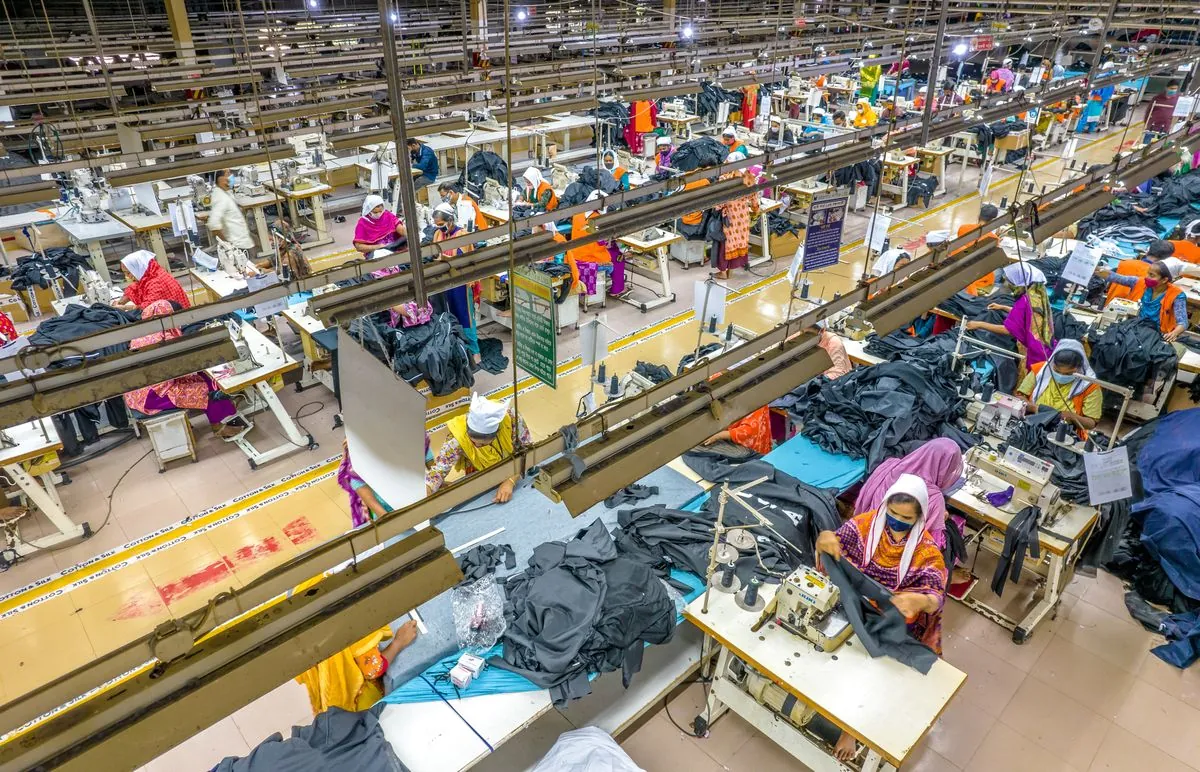Bangladesh's Political Upheaval Raises Concerns for Global Firms
Prime Minister Sheikh Hasina's resignation after protests sparks uncertainty for multinational companies, particularly in the clothing industry. The transition raises questions about Bangladesh's economic and political future.

In a significant political shift, Sheikh Hasina, Bangladesh's Prime Minister for the past 15 years, has resigned and left the country following widespread protests. This development has created uncertainty for global firms, particularly those in the clothing industry, as they navigate the potential implications for their operations in the world's eighth most populous nation.
The textile sector, which accounts for a substantial portion of Bangladesh's exports, is now facing potential disruptions. H&M, a major retailer sourcing from approximately 1,000 factories in Bangladesh, expressed concern over the situation. However, the stock market reaction was relatively muted, with shares of H&M, Levi Strauss, and Inditex (Zara's parent company) experiencing only minor declines.

Bangladesh's economy has shown remarkable growth in recent years, with GDP often exceeding 6% annually. The country's reliance on the ready-made garment industry, which is projected to constitute 90% of its $55 billion in annual exports for the 2024 financial year, may serve as an incentive to maintain stability during this transition period.
The army has pledged to establish an interim government, with some protesters calling for Muhammad Yunus, the 2006 Nobel Peace Prize laureate, to serve as chief adviser. Yunus, known for his work on microcredit, could potentially help address key economic challenges such as stabilizing remittances, tackling unemployment, and managing inflation, which currently stands at around 10%.
"We call for the formation of a new interim government with Nobel Peace Prize laureate Muhammad Yunus as its chief adviser."
Despite these initial positive signs, long-term uncertainty remains. Hasina's Awami League ruled over an increasingly one-sided democracy, with the main opposition Bangladesh Nationalist Party (BNP) boycotting national elections. The political landscape has been further complicated by the recent ban on the Jamaat-e-Islami party.
The geopolitical implications of this transition are significant. While Hasina was seen as a strong ally for neighboring India and maintained control over radical Islamist elements, her departure may create an opportunity for China to increase its influence through Belt and Road infrastructure projects.
Global firms, accustomed to political changes in emerging markets, now face fresh uncertainties in Bangladesh. As the country works to diversify its economy beyond garment exports and address challenges such as climate change, the coming months will be crucial in determining the trajectory of this South Asian nation of 170 million people.


































